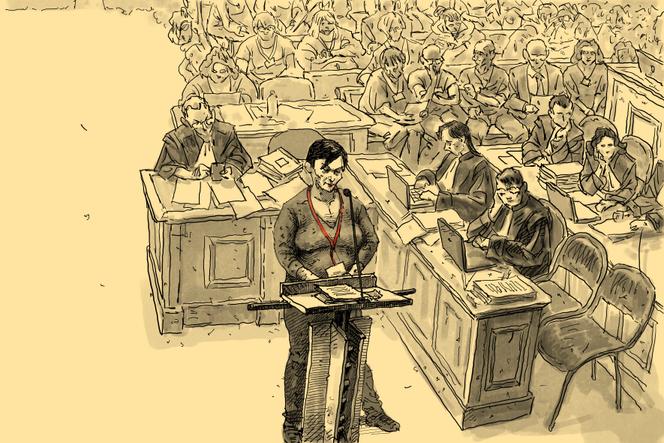


There has been a sense of impatience hanging over the room since the trial of Cédric Jubillar opened on Monday, September 22, before the Criminal Court of Albi, in southern France. The media coverage preceding it was at least as extensive as the 17 volumes of the case file. Countless articles, books, TV programs, and documentaries have been devoted to the case. Everything has already been revealed. In a sense, the public already feels saturated by the case and is now focused solely on the verdict. Will Jubillar be found guilty of murdering his wife, Delphine, on October 17? Delphine disappeared from their home in Cagnac-les-Mines, southern France, on the night of December 15, 2020. Will the evidence gathered against the defendant, who has maintained his innocence from day one, stand up to doubt in a case with neither a crime scene nor a body?
This impatience fueled the frustration felt at the end of the first two weeks of the trial. People want things to move faster and for the proceedings to produce surprises or changes. So far, the proceedings have mirrored the case file: bloated with superfluous details while incomplete on the essentials. Of the 65 witnesses called and the 17 plaintiffs, many have already testified. This has resulted in a great deal of repetition. From one testimony to the next, the proceedings have been buried under anecdotes and suffocated by personal accounts.
You have 84.37% of this article left to read. The rest is for subscribers only.
